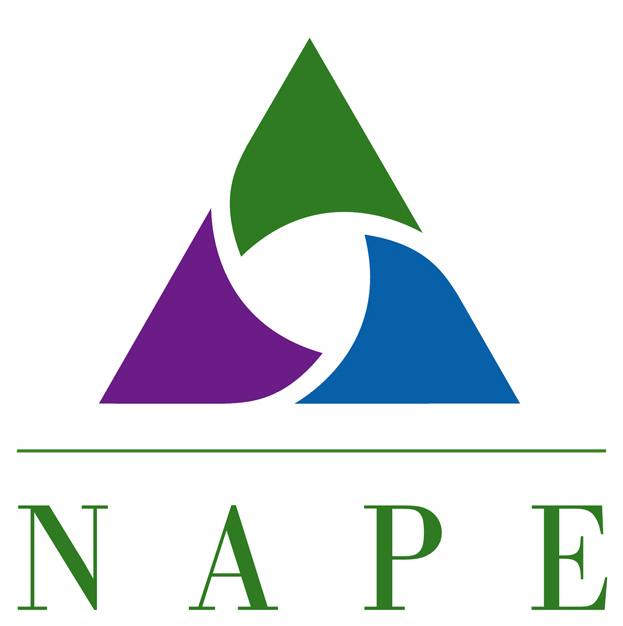Make the Future – NT 4.5 Family Characteristics

Family plays a pivotal role in enabling females to explore nontraditional and STEM programs and careers. McCarthy and Berger (2008) write that a common theme that emerged in their study of nontraditional educators was that when a male family member models nontraditional behavior, the female becomes comfortable with both the tools and being in a male environment. Additionally, she develops strategies to ease concerns of loved ones and the ability to navigate a male environment.
Of the nontraditional educators studied by McCarthy and Berger, all of the educators mentioned male teachers who encouraged them from middle school through employment. Many had instructors that took them under their wing in a “mentor-protégé” relationship and allowed the females to develop the ability to move easily as “one of the guys” while modeling for their own students how to navigate the nontraditional world (McCarthy & Berger, 2008, pp. 70-71). Among their suggestions for getting females into nontraditional or STEM careers is to provide information to families on their pivotal role as well as to recruit more males into caring careers.It is important to take into account the cultural roles, socio-economic status, and parental careers of the students. For many students, a nontraditional career represents upward mobility. For others, it represents a break with tradition. Either way, the more information provided and the more engaged the family is, the more likely the family will support a student in her or his career pursuit.
When a parent is relieved of their fears about the appropriateness, safety, and viability of their child participating in a career that is nontraditional and/or breaks with social tradition, they are more likely to support their child. It is important to include parents in the career development process and educate them along with their children as to the benefits and drawbacks (all careers have them!) of nontraditional and STEM careers.
Encourage students to talk to their parents about the careers of family members and close family friends to identify jobs or home responsibilities that were, or still are, considered nontraditional: single parent fathers, women who farm, etc. Sometimes we are too close to the situation to see the whole picture, or it has simply always been a certain way so we don’t see it as extraordinary.
In a 2004 study by Ferris State University, 78% of all students considered their parents to be the most influential person when it came to making career decisions. A 2008 Girl Scouts study found that parental support was of paramount importance to female persistence in IT fields of study. However, a parents’ beliefs about gender roles and stereotyping were also extremely influential. Therefore, it is important to include parents in career days, occupational information distribution, and career planning. Provide information about the socio-economic benefits of nontraditional careers as well as the societal benefits, upward mobility, and career ladder opportunities.


